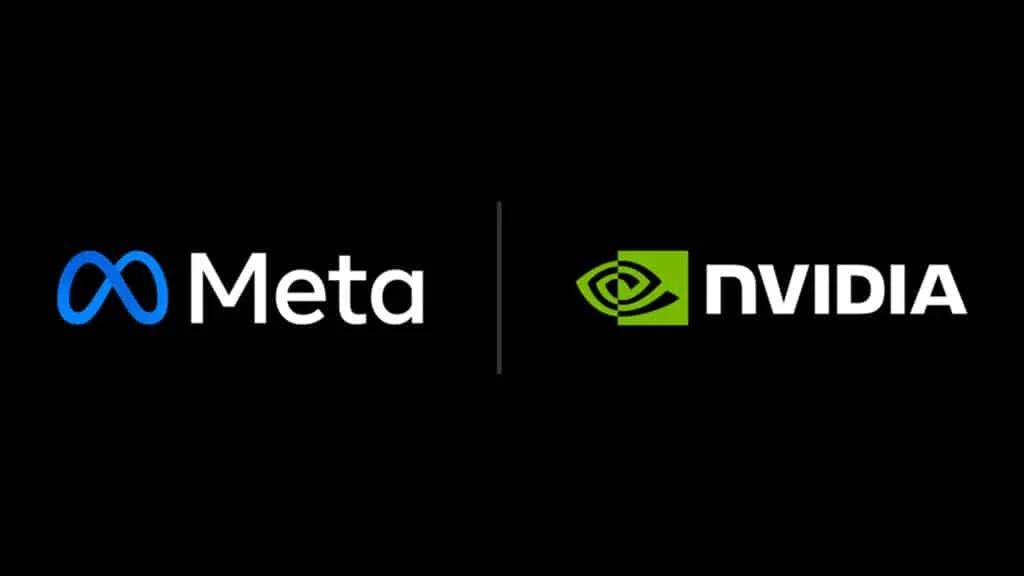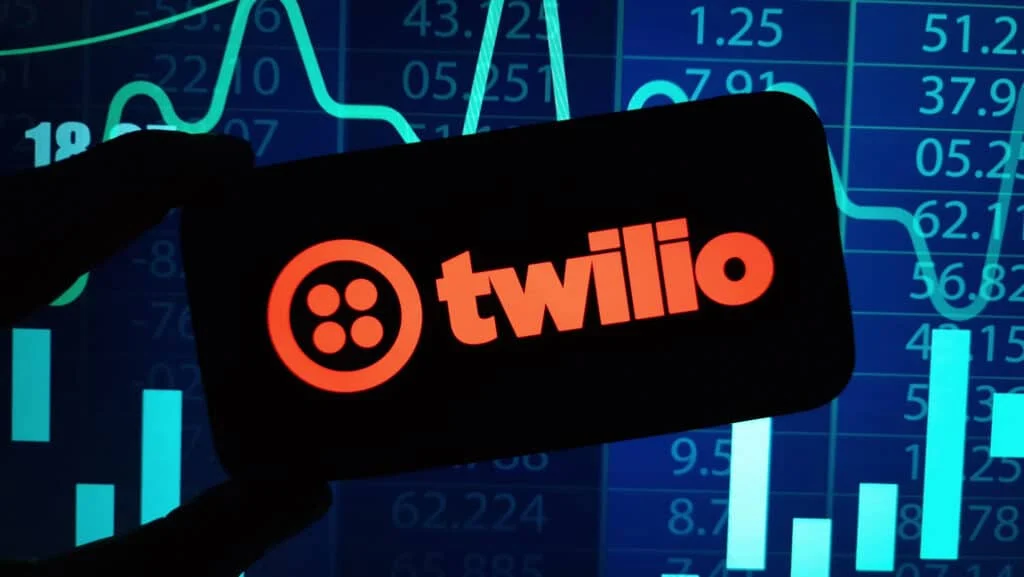The News: On July 26 at the AWS Summit in New York, Amazon announced the preview of agents for Amazon Bedrock, which will enable developers to create agents based on foundational models (FMs) that can manage and perform tasks within multiple applications.
Here are the pertinent details:
- Agents for Amazon Bedrock are AI assistants built on FMs available through Amazon Bedrock, including Amazon’s Titan, Claude from Anthropic, and models from Cohere.
- Agents for Amazon Bedrock accelerate the delivery of generative AI applications that can manage and perform tasks by making API calls to company systems. Agents extend FMs to understand user requests, break down complex tasks into multiple steps, carry on a conversation to collect additional information, and take actions to fulfill the request.
- Example: an agent-powered generative AI e-commerce application can not only respond to the question, “Do you have this jacket in blue?” with a simple answer but can also help with the task of updating the order or managing an exchange.
- Task completion is becoming a possibility because FMs are beginning to gain the ability to reason via prompt engineering.
- According to the post: “Agents for Amazon Bedrock automate the prompt engineering and orchestration of user-requested tasks. Once configured, an agent automatically builds the prompt and securely augments it with company-specific information to provide responses back to the user in natural language. The agent is able to figure out the actions required to automatically process user-requested tasks. It breaks the task into multiple steps, orchestrates a sequence of API calls and data lookups, and maintains memory to complete the action for the user.”
A preview of Amazon Bedrock is on the AWS blog.
Read the full announcement on Amazon’s website.
Next-Generation Compute: Agents for Amazon Bedrock Complete Tasks
Analyst Take: Since 2015, AI visionaries have dreamed of a day when natural language processing (NLP)-based AI would usher in a new era in computing – when a conversational interface would replace today’s text/mouse/point-and-click interfaces. In this vision, users tell (or type) what they want in their own words, and the interface understands what they want and executes operations, literally any function computer software performs today. The vision included this interface being able to perform complex tasks humans typically do in workflows – working across disparate applications to complete an operation. FMs such as Cohere’s recently announced Coral, Adept, and now Agents for Amazon Bedrock seek to take this next step. Here are the key takeaways related to Amazon’s strategic move in this space.
Very early days. It is fair to say these task-completing agents are just emerging from labs and proofs of concept, and there is no track record to understand their effectiveness or impact. Adept’s ACT-1 is not generally available. Cohere’s Coral, just announced this week, is currently in private access. Agents for Amazon Bedrock is in preview. The next few months will serve as a continued testing period.
Managing prompt engineering. Prompt engineering, a decidedly manual human skill and task, is emerging as a key factor for deploying FMs. For FMs to be accurate, they have to be able to reason. For FMs to reason, they have to be prompted. With Agents for Amazon Bedrock, AWS seeks to help automate prompts through what they are calling configuration steps. Questions include – What task is the agent to perform? And what role is the agent to assume? It will be interesting to see if Amazon’s semi-automated prompt approach is effective. In any case, prompt engineering skills will be key to task-completing agent success.
Task completion success might depend on the underlying quality of selected FMs. With Agents for Amazon Bedrock, developers can choose from several underlying FMs to power their agent. FMs face numerous challenges to deliver accuracy and effectiveness (see my recent research note on Cohere’s launch of Coral). If the underlying FM is not accurate or effective as a base technology, task completion actions will suffer.
Disclosure: The Futurum Group is a research and advisory firm that engages or has engaged in research, analysis, and advisory services with many technology companies, including those mentioned in this article. The author does not hold any equity positions with any company mentioned in this article.
Analysis and opinions expressed herein are specific to the analyst individually and data and other information that might have been provided for validation, not those of The Futurum Group as a whole.
Other insights from The Futurum Group:
Cohere Launches Coral, a New AI-Powered Knowledge Assistant
Qualcomm-Meta Llama 2 Could Unleash LLM Apps at the Edge
Generative AI Investment Accelerating: $1.3 Billion for LLM Inflection
Author Information
Based in Tampa, Florida, Mark is a veteran market research analyst with 25 years of experience interpreting technology business and holds a Bachelor of Science from the University of Florida.







